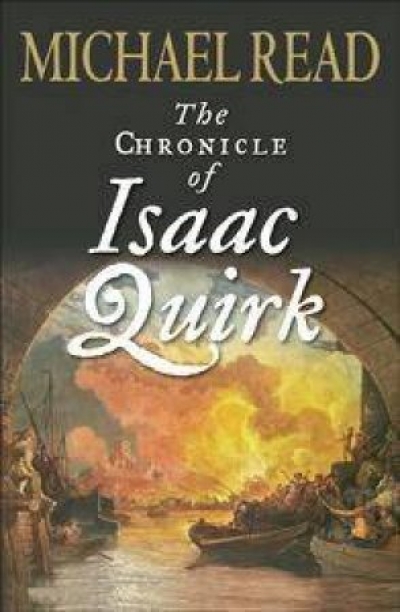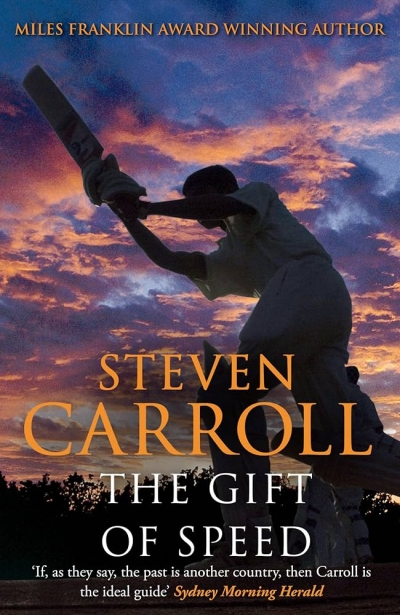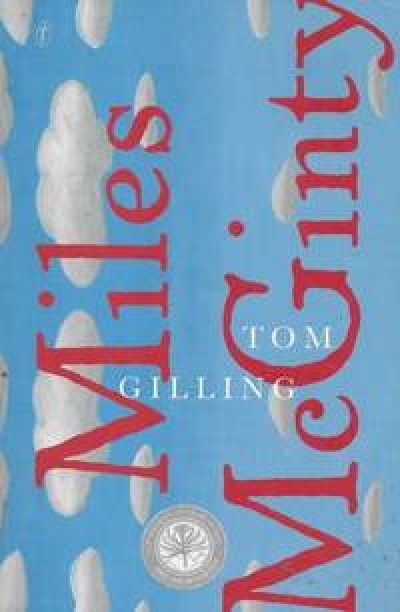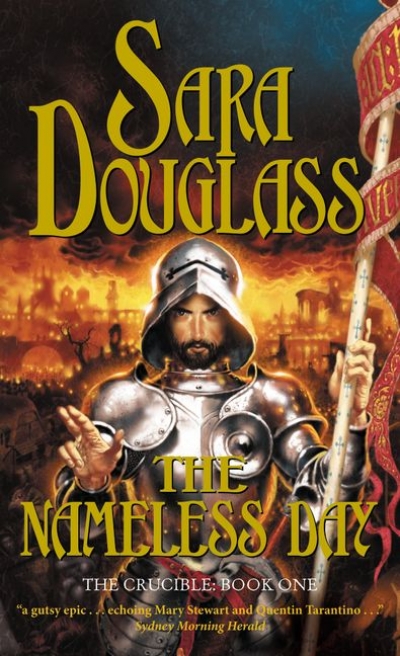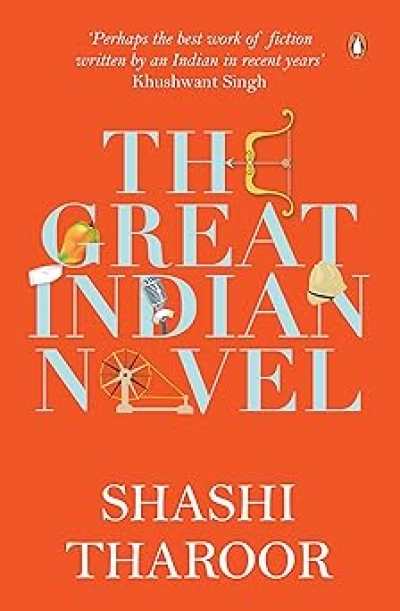Historical Fiction
The Child of an Ancient People by Anouar Benmalek (translated by Andrew Riemer)
by Simon Caterson •
Women on the Rocks: A tale of two convicts by Kristin Williamson
by Gillian Dooley •
Sally Muirden’s second novel sits well with her first, Revelations of a Spanish Infanta. In each case, the author works through an elaborate historical lens to construct a multi-layered narrative in which the focus is the intimate life of a woman.
... (read more)
